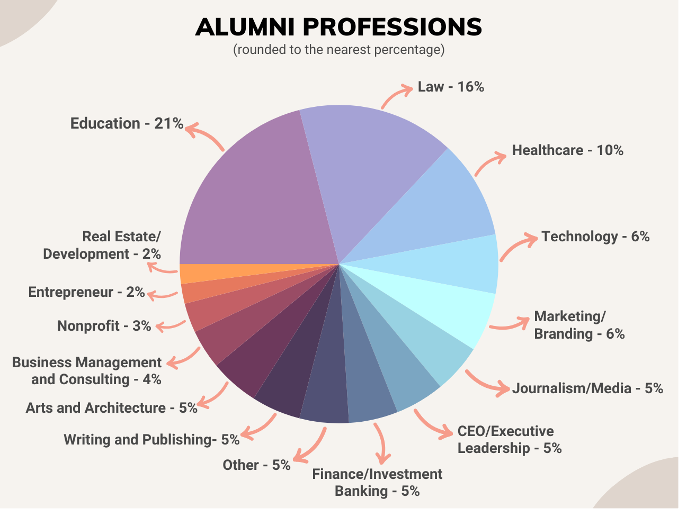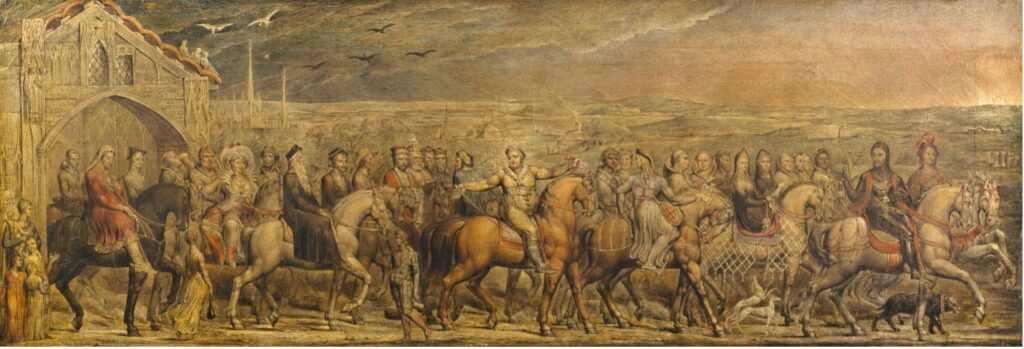Why Major in English?
To make a good living and a good life.
Based on a 2024 survey answered by over 500 Vanderbilt English Alumni (Classes 1975-2019): meet our alumni here.
The Skills to Make Many a Magnificent Career
Vanderbilt English majors have gone on to an extensive range of careers, from doctors, lawyers, and educators to entrepreneurs, consultants, publishers, and even an executive chef! Not only can an English major give you a competitive edge, as students find when they are applying to medical school or law school, but it can also lead you to craft a unique career or create a job in a profession that doesn’t yet exist. As an English major, you will think critically and creatively in your coursework and your career.
Click here to see some of the specific careers of VU English majors.
The categories represented in this chart are fluid—for example, a Vice President of a major online company might be listed as Marketing or Technology or Executive Leadership. Yet the variety of categories suggests the vast opportunities that English majors encounter and create for themselves and others. Wherever we place him on the pie chart, Gene Cook, ’94, a Vice President of Global Collectables at Ebay, wants you to know, “Majoring in English at Vanderbilt encouraged key traits and ways of thinking that continue to be central to my career. It helped build a foundation of customer centricity, curiosity, ability to connect with people as I work to build strong teams, and of seeing connections across disciplines. It’s helped make my work meaningful and fun.”
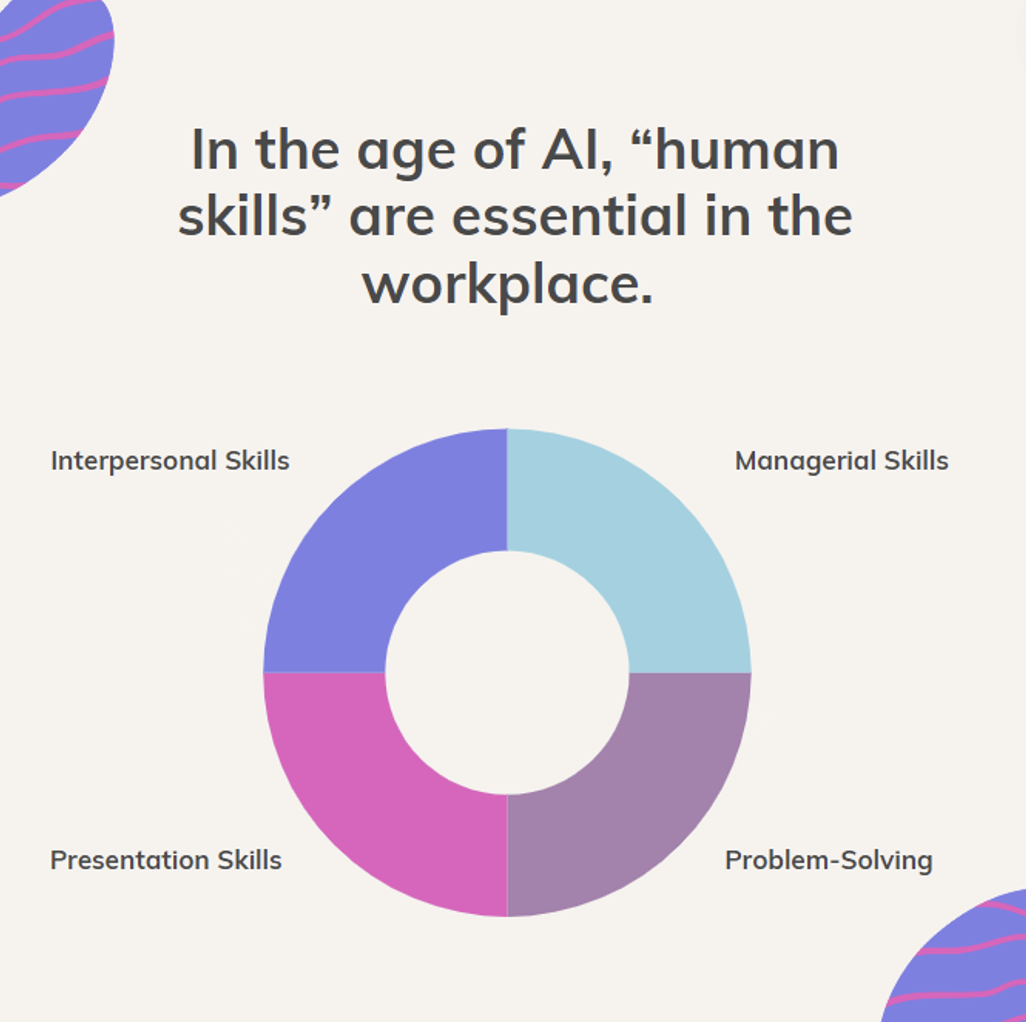 The English major promotes skills that are essential in any workplace. The major fosters close reading, critical thinking, and analytical and creative writing, and it exposes students to cutting-edge literary and critical theory that opens the door to novel and effective ways of finding solutions to all kinds of problems. A physician and Vanderbilt English alum Stephen Mass, ’90, attests, “I learned to think critically and to retain knowledge. In the practice of medicine, you must read and digest the subject matter quickly, and retain it even years later.” Looking to today, he adds, “Reading and writing are endangered skills. If you have been taught to do so well, be grateful, because it’s about the closest thing to having a superpower nowadays.” Eliza Horn, class of 2011 and a corporate communicator, writes:
The English major promotes skills that are essential in any workplace. The major fosters close reading, critical thinking, and analytical and creative writing, and it exposes students to cutting-edge literary and critical theory that opens the door to novel and effective ways of finding solutions to all kinds of problems. A physician and Vanderbilt English alum Stephen Mass, ’90, attests, “I learned to think critically and to retain knowledge. In the practice of medicine, you must read and digest the subject matter quickly, and retain it even years later.” Looking to today, he adds, “Reading and writing are endangered skills. If you have been taught to do so well, be grateful, because it’s about the closest thing to having a superpower nowadays.” Eliza Horn, class of 2011 and a corporate communicator, writes:
“My English major taught me how to read, write, and communicate effectively, which has been essential to every aspect of my career. As a corporate communicator, I strive to identify, develop, and share high-quality content. This would not have been possible without a strong understanding of interpreting text and writing creatively that I gained from my English major. Even though I’ve professionally worked at corporations, I’m so glad that I was an English major. Business and marketing are easy to learn and something that (in my opinion) is best learned through experience on the job. But the perspective and deep study of what is an effective, appealing, and persuasive text one can only achieve through an English major.”
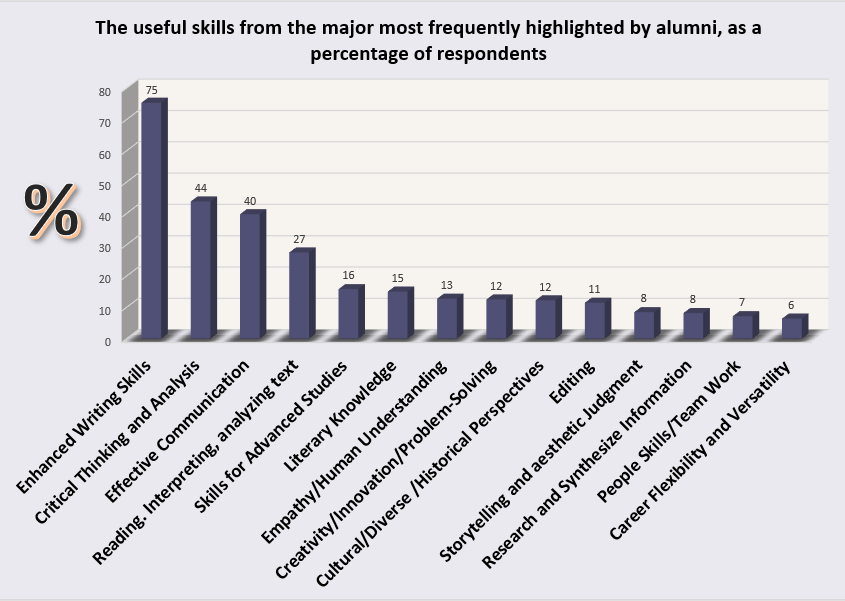
Still another, Lauren Adams, 2007, a psychotherapist, explains:
“[H]aving a strong background in the humanities has made me a better clinician, as critical analysis and creative interpretation of texts, often in pursuit of understanding the human condition, are much closer to the theory and practice of clinical social work than academic psychology. Much of my work as a therapist is centered around helping my patients integrate their life experiences into a cohesive internal narrative, and having read an absolutely absurd number of stories over the years is very helpful in that. I discuss narratives—books, movies, tv shows, online discourse—with my patients on a daily basis, and that type of analysis is a very useful tool for self exploration and emotional processing.”
The skills garnered from a Vanderbilt English major ensure that students can flourish in a wide variety of professions.
William Blake depicting Geoffrey Chaucer’s Canterbury Tales: A Mashup of Professions
Many students pair their English major with a compatible double major as they hone their career skills. With double majors (or major/minor combos) such as Neuroscience; Education; Medicine, Health, and Society; Psychology; Law, Society, and History; Data Science; and Business, English majors prepare themselves for a wide array of career pathways. For example, Udom Umoh, ’11, currently working in IT consulting, writes:
“Studying English at Vanderbilt has made all the difference in my life. I was very intentional with my degree and paired it with a corporate strategy minor. I developed and grew into an effective communicator with strong writing skills. Having domain knowledge is not enough. You must be able to communicate it. Success is hinged on learning then simplifying often complex products and services down to a strong value proposition for clients to make educated buying decisions. In all of my roles across various companies and industries, thinking critically, writing well, pulling disparate teams together, and negotiating tactfully has been paramount.”
The complementary skills of a double major enhance the student’s capacity to enter immediately into the workforce and flourish in their chosen career.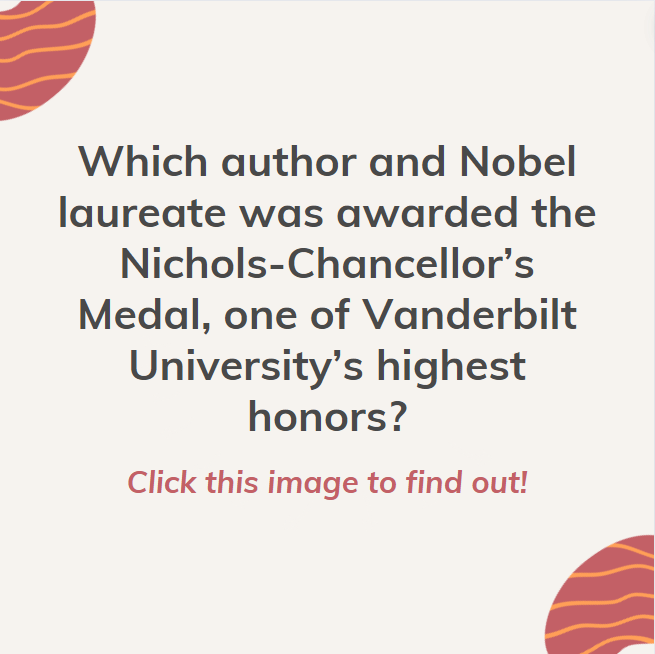
If the career opportunities available to English majors seem a little overwhelming, you are not alone! We have resources that can help, and the English Department regularly offers professionalization workshops on resume building, finding internships and jobs, and even specialized skills such as how to use AI in your career.

Life, Actually
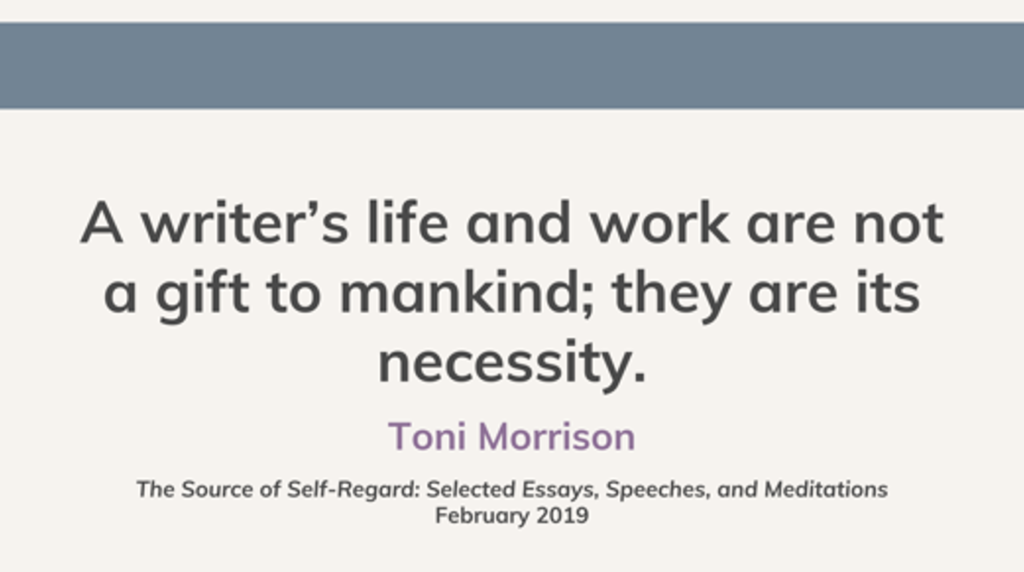 From the practical abilities to help friends with their resumes, relatives with their wedding vows, and children with homework, to leading a life engaging with art, conversation, and writers, our alumni report that their English major continues to enrich their lives well beyond the workplace. A 2018 graduate, Shaokyi Amdo, a communications professional, observes, “The English courses I took at Vanderbilt provided me with a critical and intellectual framework by which to understand the world around me.” In our survey summarized in the chart below, the pleasure and life-long learning that comes from reading was mentioned by graduates from the 1970s to the 2010s, and that skill—the ability to analyze signs and their interconnections—provides a framework for considering one’s own life, empathizing with others, and filtering the noise that surrounds us. As Mark Hines, ’18, who is currently in graduate school, framed it, “I appreciate life, art, and my relationships much more than I ever thought possible. The ability to think deeply about words and texts helped me tremendously, especially in the toughest moments of my life.”
From the practical abilities to help friends with their resumes, relatives with their wedding vows, and children with homework, to leading a life engaging with art, conversation, and writers, our alumni report that their English major continues to enrich their lives well beyond the workplace. A 2018 graduate, Shaokyi Amdo, a communications professional, observes, “The English courses I took at Vanderbilt provided me with a critical and intellectual framework by which to understand the world around me.” In our survey summarized in the chart below, the pleasure and life-long learning that comes from reading was mentioned by graduates from the 1970s to the 2010s, and that skill—the ability to analyze signs and their interconnections—provides a framework for considering one’s own life, empathizing with others, and filtering the noise that surrounds us. As Mark Hines, ’18, who is currently in graduate school, framed it, “I appreciate life, art, and my relationships much more than I ever thought possible. The ability to think deeply about words and texts helped me tremendously, especially in the toughest moments of my life.”
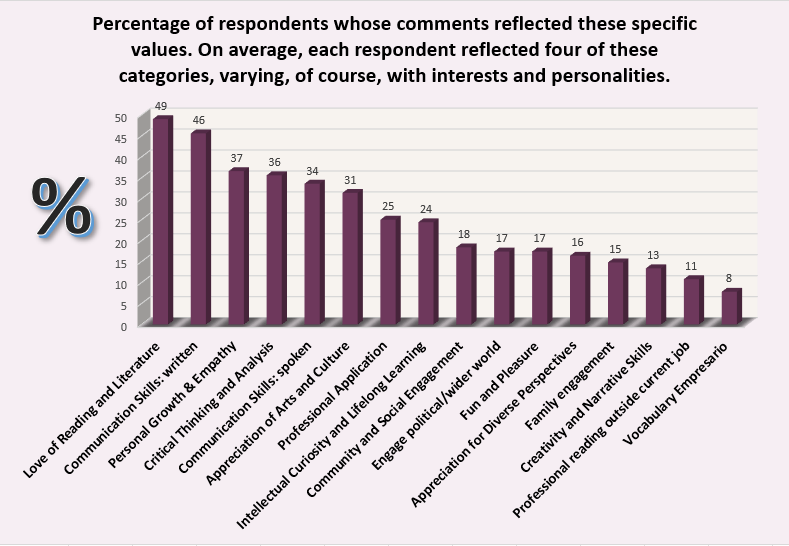
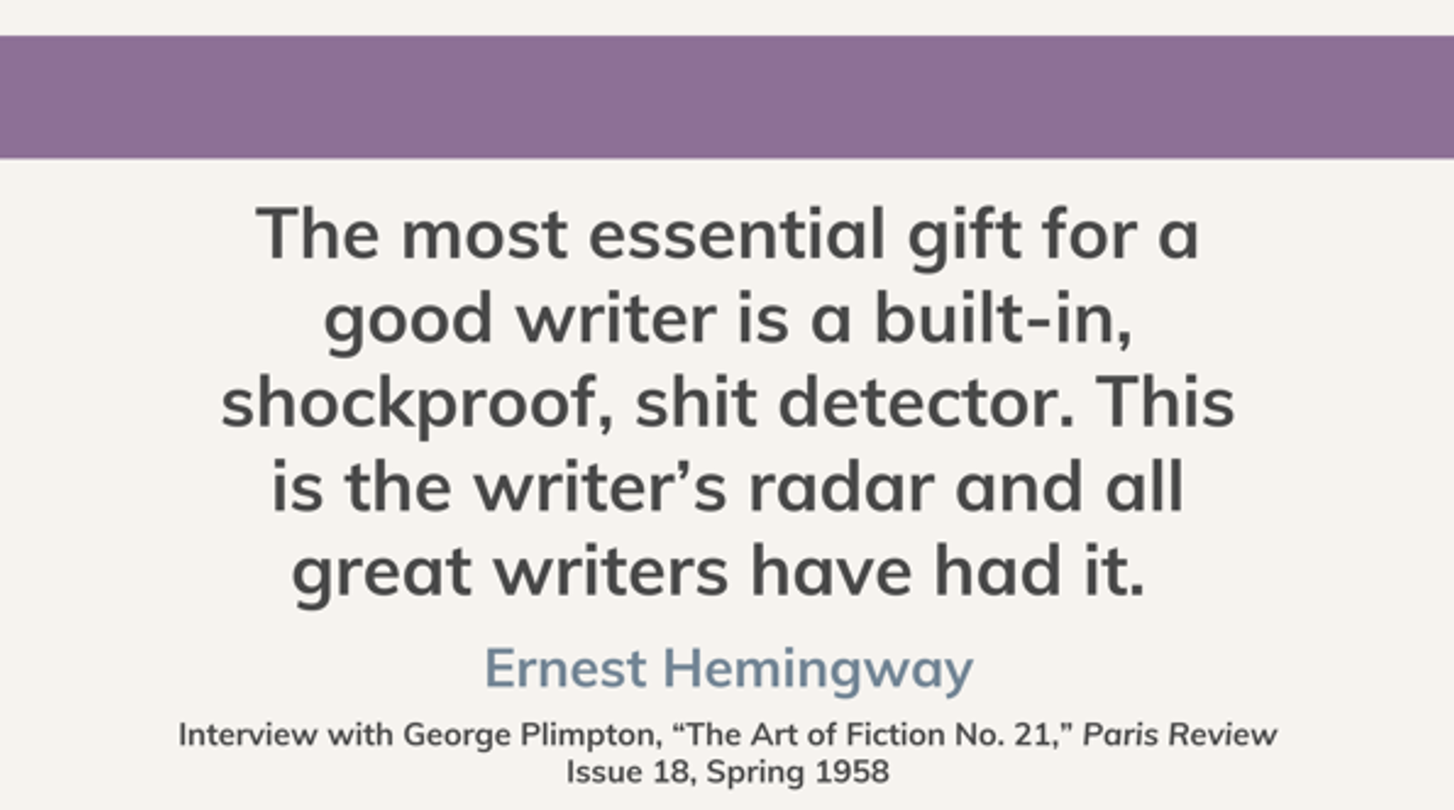 Whether you focus on contemporary literature, older periods, or roam widely in your college studies, your knowledge of narrative, lyric, and character will continue to support your engagements in the world. Investment advisor and alumnus from 1972, David Steine, Jr. observed “My English major exposed me to writers who have become lifelong companions,” and while he chose Pope, Wordsworth, and Keats to highlight, you will come away from the major with your own companions from across centuries and seas. Echoing Ernest Hemingway on what it takes to be a good writer, Hayes Lewis, ’07, who works in cybersecurity, notes that in the major, he “learned to look at what’s not being said in a given scenario and it really fine-tuned my BS detector.”
Whether you focus on contemporary literature, older periods, or roam widely in your college studies, your knowledge of narrative, lyric, and character will continue to support your engagements in the world. Investment advisor and alumnus from 1972, David Steine, Jr. observed “My English major exposed me to writers who have become lifelong companions,” and while he chose Pope, Wordsworth, and Keats to highlight, you will come away from the major with your own companions from across centuries and seas. Echoing Ernest Hemingway on what it takes to be a good writer, Hayes Lewis, ’07, who works in cybersecurity, notes that in the major, he “learned to look at what’s not being said in a given scenario and it really fine-tuned my BS detector.”
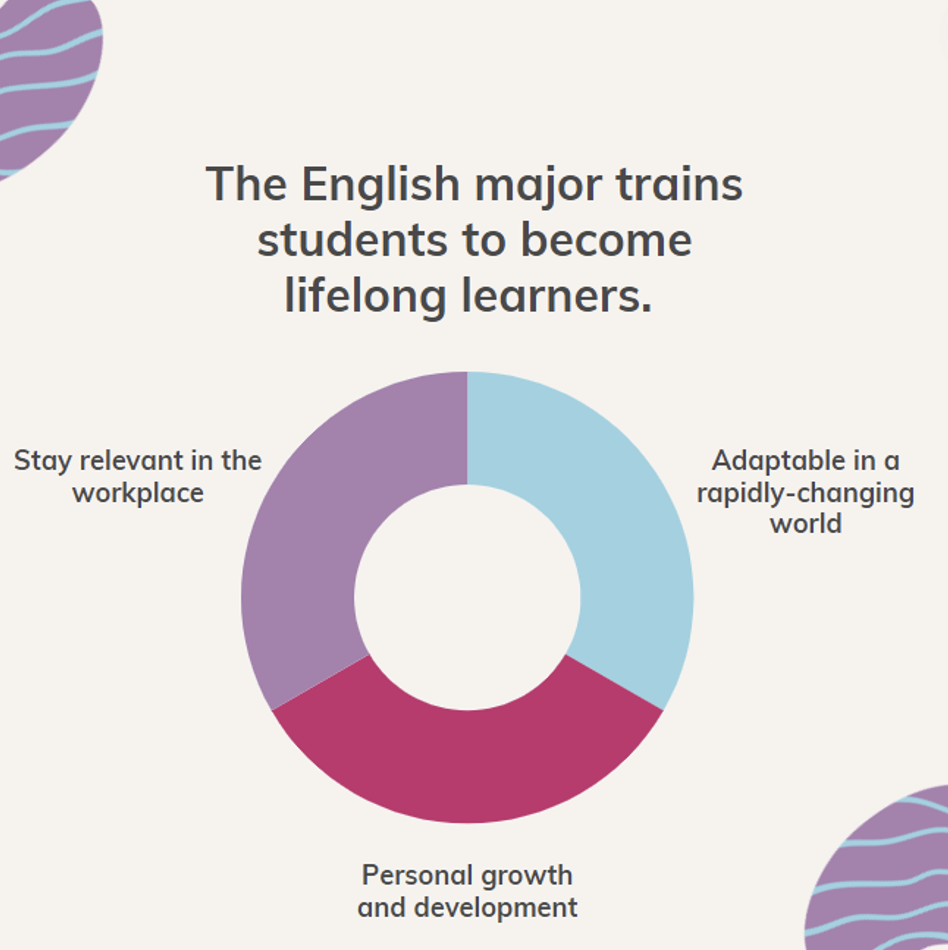 As Tamar Alexanian, ’16, an attorney, observed, “The skills I developed as an English major are truly life skills that many people value (and, often, wish they had themselves).” Just as there are myriad ways to go through an English major, to pair it with other interests, academic and otherwise, the ways such a major undergirds a successful life is equally particular and varied, but certain themes about the power of analysis, reading, and writing recur. Writing, as valuable as it is as a professional skill, is also a tool to engage family, history, and community. Saba Getaneh, a 2016 graduate and Quotation Administrator at Philips, is working on a project that brings all three together; it is “a personal project which involves creating a biography of my father’s life. I’m thinking of making it into a screenplay based on his life during the time of Haile Selassie’s reign, the Derg, and my father’s immigration to the United States from Ethiopia. Even though it’ll probably never hit the big screen, it’s rewarding to talk to him and learn from his life story. He’s 70 years old so it’s like having a piece of history with me.” For some, being an English major was all in the family: “I married an English major, and one of my sons was an English major and married an English major! We love the language; and many of my best friends are people who have a high mastery of the English language, literature, critical thinking, and other related skills.” That’s a Thanksgiving dinner with a rich conversation going on at the home of Judy Komisky Orr, executive director of a faith-based charity and class of 1982!
As Tamar Alexanian, ’16, an attorney, observed, “The skills I developed as an English major are truly life skills that many people value (and, often, wish they had themselves).” Just as there are myriad ways to go through an English major, to pair it with other interests, academic and otherwise, the ways such a major undergirds a successful life is equally particular and varied, but certain themes about the power of analysis, reading, and writing recur. Writing, as valuable as it is as a professional skill, is also a tool to engage family, history, and community. Saba Getaneh, a 2016 graduate and Quotation Administrator at Philips, is working on a project that brings all three together; it is “a personal project which involves creating a biography of my father’s life. I’m thinking of making it into a screenplay based on his life during the time of Haile Selassie’s reign, the Derg, and my father’s immigration to the United States from Ethiopia. Even though it’ll probably never hit the big screen, it’s rewarding to talk to him and learn from his life story. He’s 70 years old so it’s like having a piece of history with me.” For some, being an English major was all in the family: “I married an English major, and one of my sons was an English major and married an English major! We love the language; and many of my best friends are people who have a high mastery of the English language, literature, critical thinking, and other related skills.” That’s a Thanksgiving dinner with a rich conversation going on at the home of Judy Komisky Orr, executive director of a faith-based charity and class of 1982!
A Crown of Authors: A Fanciful Gathering
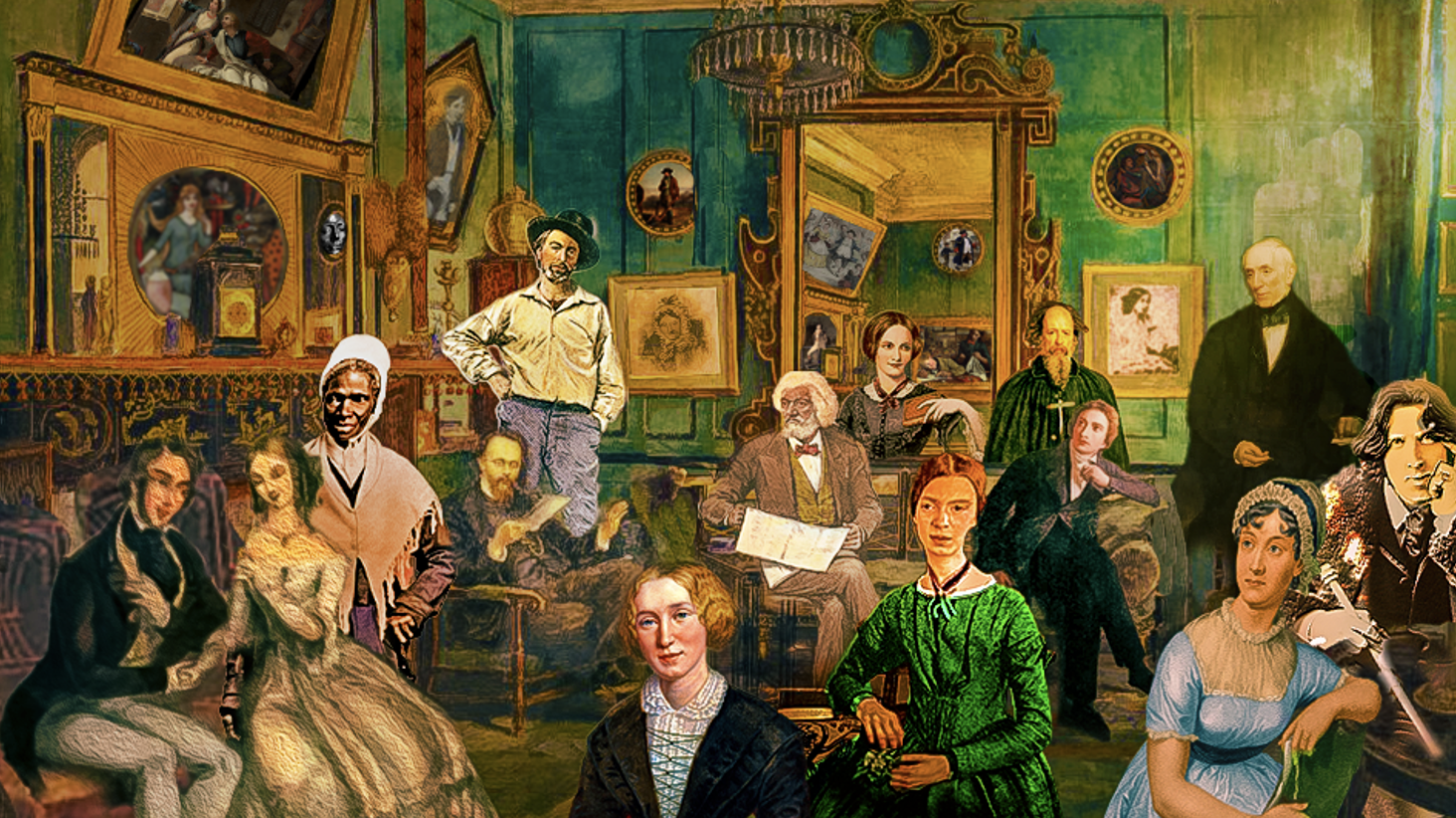
You may be thinking, this all sounds great, but I don’t have the skills. Most students do not begin the English major with all the skills needed to succeed: some worry about their writing, others are anxious about their reading speed or ability to notice nuances in the text. Th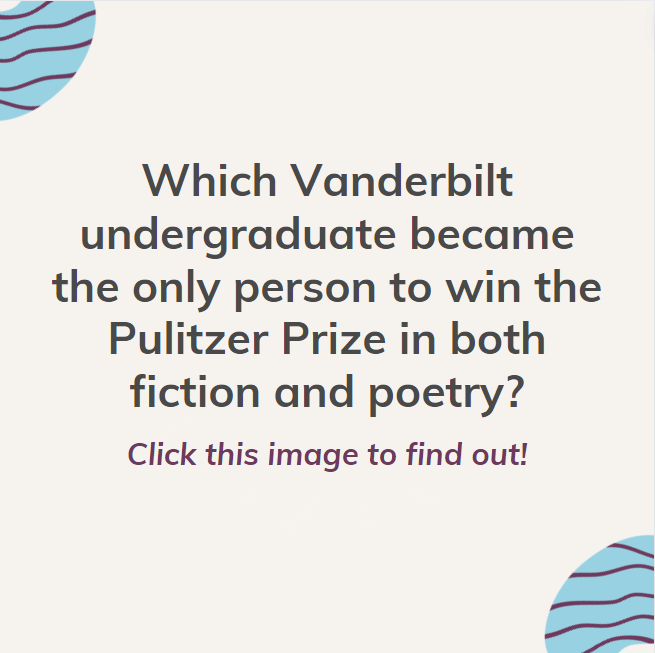 ose, however, are among the skills we teach you—wherever you begin with the major, by when you are through it, you will be a superb reader, a careful writer, and have analytic skills that you can continue to develop throughout your life. One of our 2010 graduates, Beatrice Bradley, ’10, now an English Professor, wrote, “My writing improved, but more importantly it changed how I see the world” while another, Eamon Cullen, ’10, now a military pilot and trained engineer, observed, “In the English degree, questions with provable answers rarely exist, so it’s the student’s job to ask the best questions and then to explain why his or her unprovable answers are to be believed. There is a depth to this process that is entirely different than what can be found in a STEM degree, and the value of it really does continue throughout graduate education, the workplace, and life.” Of course, this doesn’t mean you shouldn’t consider a STEM or Social Science major—they, too, offer valuable perspectives and skills, ones that are powerfully supplemented by an English major.
ose, however, are among the skills we teach you—wherever you begin with the major, by when you are through it, you will be a superb reader, a careful writer, and have analytic skills that you can continue to develop throughout your life. One of our 2010 graduates, Beatrice Bradley, ’10, now an English Professor, wrote, “My writing improved, but more importantly it changed how I see the world” while another, Eamon Cullen, ’10, now a military pilot and trained engineer, observed, “In the English degree, questions with provable answers rarely exist, so it’s the student’s job to ask the best questions and then to explain why his or her unprovable answers are to be believed. There is a depth to this process that is entirely different than what can be found in a STEM degree, and the value of it really does continue throughout graduate education, the workplace, and life.” Of course, this doesn’t mean you shouldn’t consider a STEM or Social Science major—they, too, offer valuable perspectives and skills, ones that are powerfully supplemented by an English major.
To give the last word to a 2008 graduate and an English teacher, Emily DeVoe stated what we, as English faculty members, work towards for all our students:
“It brought me joy in every class at Vandy, and the lenses I developed for viewing the world continue to bring me joy and fulfillment daily. Equally important, it helped me develop critical thinking skills that I’ve found to be vitally important in navigating a rapidly changing world, raising children, and interacting with friends and strangers alike. I think everyone would be happier and so much wiser if they were English majors!”
Written by the undergraduate Executive Team, with thanks to the Career Center and Jonathan Dyke, Owen School of Management.
